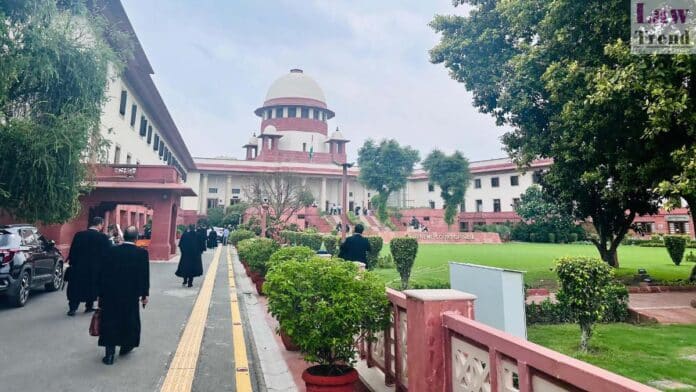The Supreme Court of India, in a judgment delivered on August 19, 2025, disposed of a contempt petition filed against Punjab National Bank (PNB) for non-compliance with a 2018 order. While discharging the contempt notice, a bench comprising CJI B. R. Gavai and Justice Augustine George Masih directed the bank to pay a lump sum
To Read More Please Subscribe to VIP Membership for Unlimited Access to All the Articles, Download Available Copies of Judgments/Order, Acess to Central/State Bare Acts, Advertisement Free Content, Access to More than 4000 Legal Drafts( Readymade Editable Formats of Suits, Petitions, Writs, Legal Notices, Divorce Petitions, 138 Notices, Bail Applications etc.) in Hindi and English.




